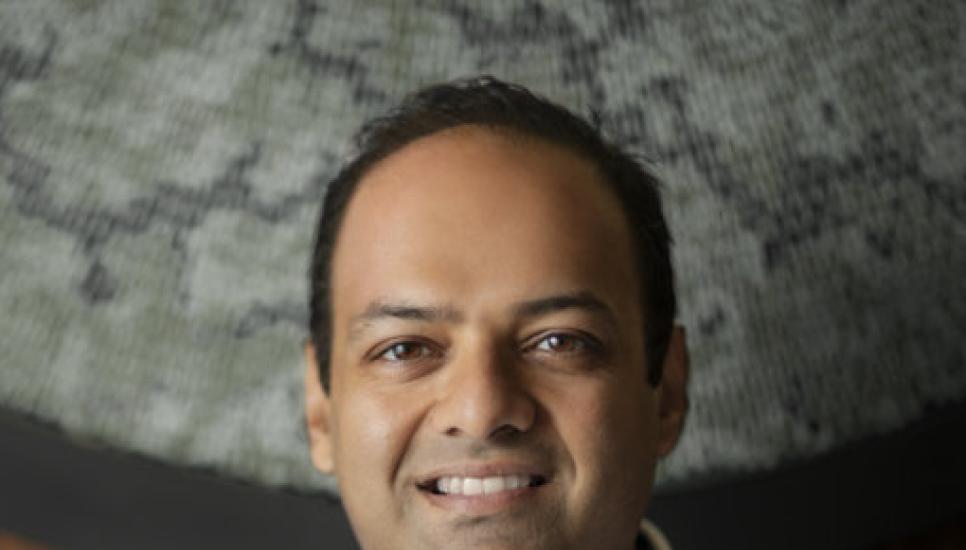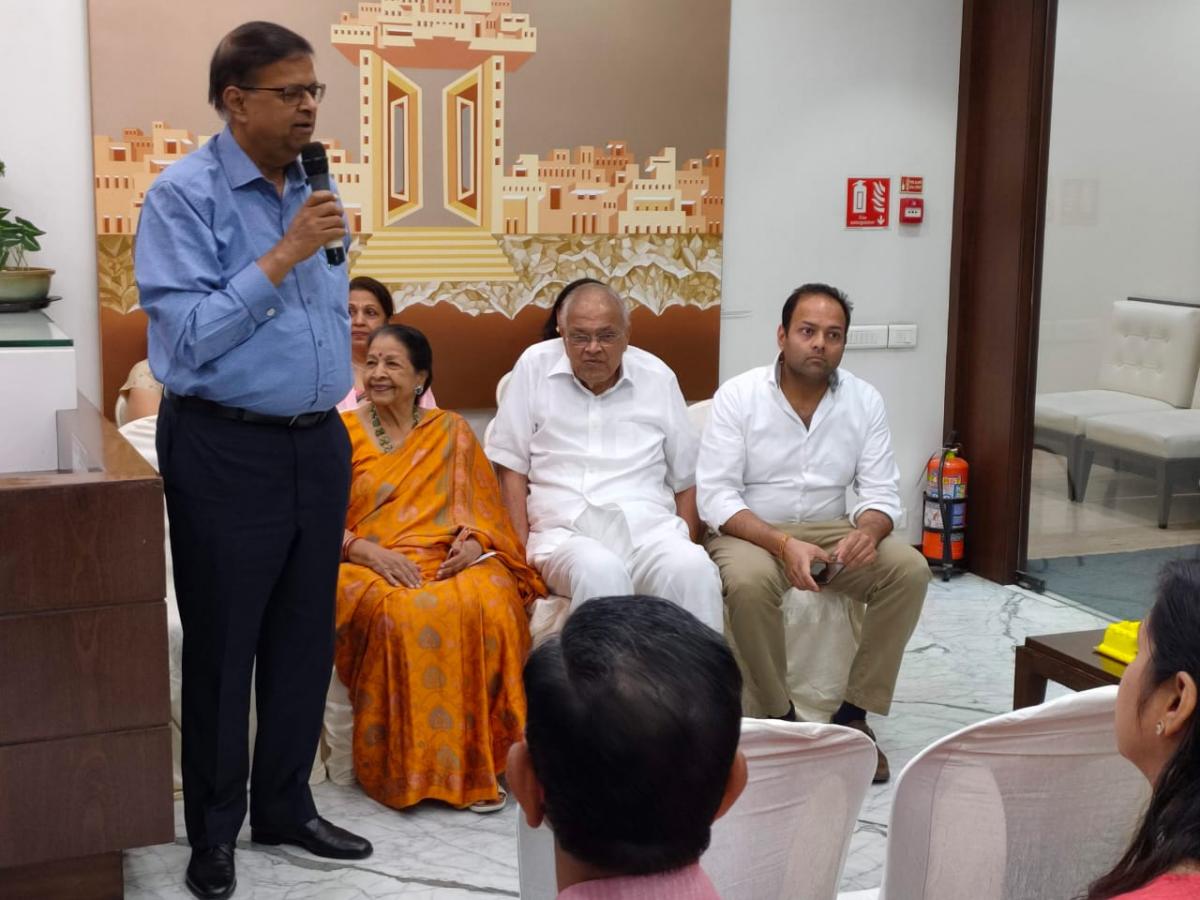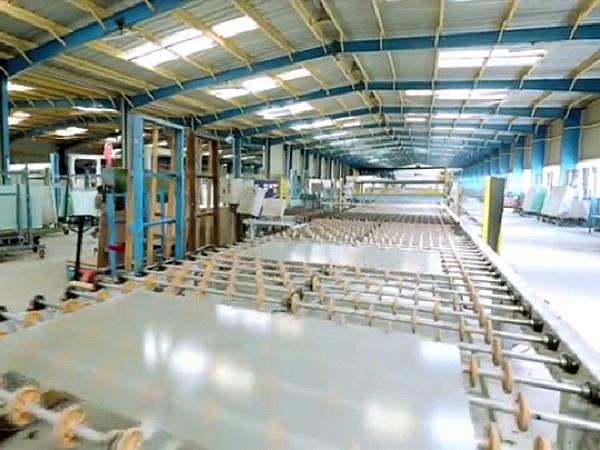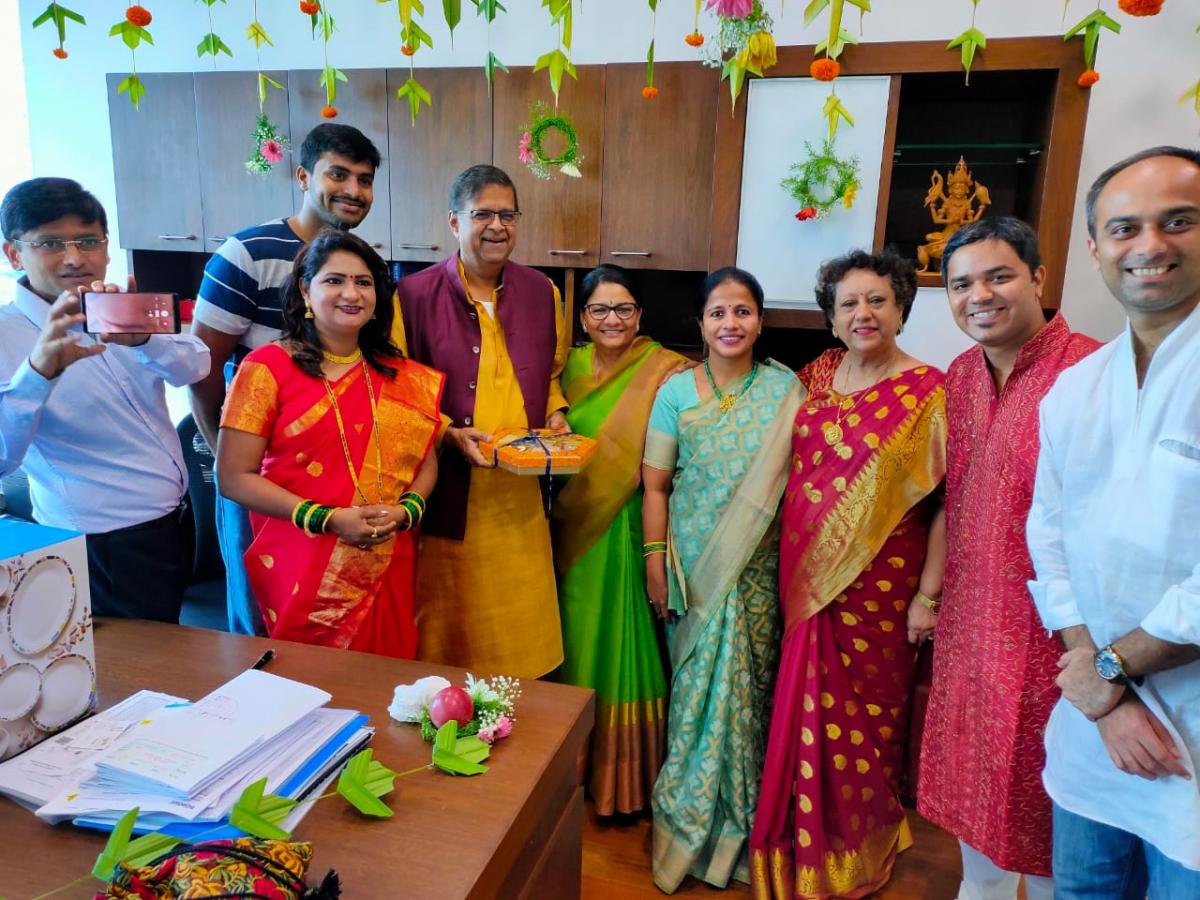Shreevar Kheruka on succession and strategy at family business Borosil

Blending the strengths of family businesses with the growth strategies of non-family multinationals is an approach the third-generation family principal of Borosil wants to discuss at the upcoming Indian Families in Business Forum.
Shreevar Kheruka, chief executive and managing director of the major glassware manufacturer, will chair the forum on 21-23 April. He joins a growing roster of speakers including Dipali Goenka, chief executive and joint managing director of Welspun India, and Jimmy Mistry, founder chairman and managing director of Della Group, at the virtual event presented by Campden Family Connect.
Kheruka (pictured), 39, works alongside non-family executives and his father, Pradeep Kumar Kheruka, 69, and grandfather BL Kheruka, 90, who each serve in chairmen, non-executive chairman and executive chairmen roles across the group.
 Shreevar Kheruka, a Wharton School graduate, joined the Mumbai-headquartered company in 2006 and led it through a period of substantial organic and inorganic growth. From a single product and single brand organisation, the 59-year-old family business is evolving as a globally recognised multi-product, multi brand and multi-channel consumer centric organisation. Borosil Ltd consists of consumer products and life sciences division while Borosil Renewables Ltd manufactures and sells solar glass.
Shreevar Kheruka, a Wharton School graduate, joined the Mumbai-headquartered company in 2006 and led it through a period of substantial organic and inorganic growth. From a single product and single brand organisation, the 59-year-old family business is evolving as a globally recognised multi-product, multi brand and multi-channel consumer centric organisation. Borosil Ltd consists of consumer products and life sciences division while Borosil Renewables Ltd manufactures and sells solar glass.
Ahead of his chairmanship, Kheruka spoke with CampdenFB about the succession lessons learned, nurturing talent, the tough decisions made during the coronavirus crisis and strategies for 2021.
What will be the key messages you want to send to family peers in your role as chairman of the Indian Families in Business Meeting?
Family run businesses have been widely measured to deliver higher returns than non-family run ones. As per a Credit Suisse analysis, the ‘Family 1000’ database of over 1,000 publicly listed family or founder-owned companies has outperformed non-family-owned companies by an annual average of 370 basis points (bps) since 2006. The reasons for this include superior revenue growth and cash flow returns. Family-owned companies seem to offer safety in periods of market stress. Even during the Covid-impacted first half of 2020, family-run businesses outperformed non-family-owned companies by 300 bps as per the Credit Suisse report. It is for this reason, it is very important to appreciate the structure of family run businesses—whether it is their frugality, lower debt, higher diversification or ability to retain talent.
I would like to share with my peers a hybrid approach of retaining the inherent strengths of what family run businesses do well while at the same time 'borrowing' ideas from multinational non-family run businesses that may have allowed them to grow faster during better times.
What lessons in engaging the next generation did you learn from your own succession experience with your father and grandfather and how do you intend on applying those lessons to your own next-gens?
While I was growing up, my parents and grandparents insisted me and my siblings have dinner together with them every night. Business was discussed freely during these meals. While most of the time we could not understand the nature of the discussion, in retrospect I believe that was a foundation of learning and understanding business at a very nascent level that has stood me in rather good stead. There was a lot of sharing on what behaviours worked and what didn’t and that shaped my world view, albeit in a very subconscious way. I would certainly endeavour to follow the same practice for my children and hope they benefit as I did.
What is the secret of good governance in a family business?
I think the secret of good governance for a family business is the same for any business—be honest, don't take shortcuts. Work for the best interest of all stakeholders and share the bad news first!
How should a family business attract and retain the best talent?
I believe talent attraction, retention and motivation is something that family-run businesses can learn from larger multinational corporations. Having a culture of empowerment is most critical - decisions should be bottom up and not top down. Moreover, the fundamentals of the business need to be shared transparently with senior employees and they must have a say in the future direction of the business. Honest failures and mistakes should not be punished; if people try new things, they are bound to fail. Finally, in order to have better performance, it's best to make people owners and give them stock options!
 What have been the toughest business decisions you have had to make to during the pandemic?
What have been the toughest business decisions you have had to make to during the pandemic?
During the month of May 2020, there was a total lack of visibility of cash flows and future operations. It was during this time that we took a decision to cut salaries of our people. This was a rather painful decision to take. Fortunately, as things turned out, the cut was a very short lived one and the salaries were restored and the arrears paid back within a few months.
How do you intend to fund growth in 2021?
We have seen a substantial increase in demand in the last few months. Revenue growth and cash flows have been very strong. We have also managed to raise money during the pandemic by way of a QIP [qualified institutional placement]. Our growth in the coming year will be funded by a mixture of internal accruals, external equity and some debt.
 Which asset classes or sectors are most exciting for you as an investor?
Which asset classes or sectors are most exciting for you as an investor?
I am a long-term believer in public market equity investing. While this may not be the most exciting asset class, it is certainly the best from a risk adjusted return perspective. There is a lot of excitement around the technology space as well as venture capital currently. However, I don't really understand these spaces. I will probably be spending some time this year to get a better feel of these areas.
How is the Covid-19 crisis shaping your CSR policies?
Our CSR policy has not been dramatically impacted by Covid. Our CSR money is mainly focussed towards improving farmer incomes, education and sports. I believe all three are long term needs for our country and we remain committed to these causes.
Find out more and register to participate in the virtual Campden Family Connect Indian Families in Business Forum 2021 on 21-23 April.









